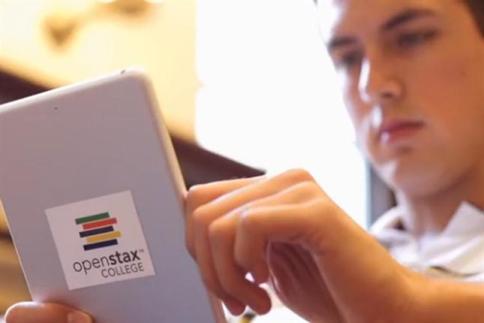The non-profit project OpenStax, incubated within Rice University in Houston, said it is working on the development of an intelligent book for high school students. The objective of this initiative is to create a text that suits their content to the learning needs of each student.
OpenStax is an initiative created by a group of private foundations in order to produce open textbooks (in the same sense that a program can be open source) for college students. Now, thanks to a donation of $9 million from Laura and John Arnold Foundation, announced it will begin to develop an electronic book that allows the adaptation of the text to the pace of learning of each student.
“The algorithm used to recommend books or music (on sites like Amazon, Netflix or Google) it can also be used to provide a customized experience for each student”, explained project presentation Richard Baraniuk, founder of OpenStax. This platform not only supports students in habit, but also uses pedagogical approaches after two years proven experience in different schools in the United States.
These electronic books could also provide a new tool for teachers. “The students’ progress will be measured in real time from anywhere, allowing parents, teachers and education authorities have control over academic performance”.
For now intelligent book is in development stage. The first pilot tests will begin in 2015 in five schools in the Houston area: experience would be extended to other schools during 2016 or 2017.
This is the first foray of OpenStax in secondary education. So far the only project focused on developing textbooks for college. The peculiar thing about this project is that the clothing belonged to teachers and whose contents are released on the Internet under license Creative Commons for anyone to use for free, only on source attribution.
Currently OpenStax library has nine textbooks that address Sociology, Biology and Economics at different levels. This project began in 2012 and claims to have done and save about $4 million in books to students across the United States.
